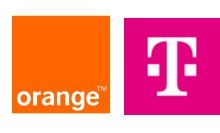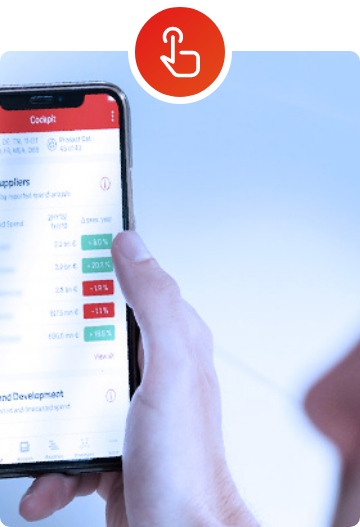

Sourcing tomorrow's success
We shape the future of our partners with competitive and sustainable sourcing

Strategic Sourcing

Digital

Target Costing
Excellence & Innovation
From smartphones and fiber optic cables to IT services, we provide sustainable procurement excellence, empowering people to be connected and to communicate freely across five continents.
BuyIn in numbers
From our stakeholders and employees

BuyIn is the best combination of expertise and multi-cultural authenticity I could imagine. They generate value manifested in best-in-class benchmarks. Bottom line: BuyIn’s results are always at the cutting edge of procurement.
Christian Illek
Chief financial Officer, deutsche telekom

My team is at the forefront of the digital transformation. Through the transformative force of digitalization, we leverage our deep expertise and cutting-edge technology to propel the telecommunication sector to new horizons.
Andrea Versuro
chief information officer

After 10 years at BuyIn, I still have opportunities for growth, exploring new facets of technology every day within the scope of challenging projects. BuyIn continuously fosters our leadership and agility to keep on serving our partners in the best way possible.
Elise Raffestin
Team head, rADIO ACCESS NETWORK (RAN)
Latest News

Share Your Talent! Join BuyIn
Looking for an opportunity that showcases your skills while allowing you to take on new challenges? Join BuyIn’s team of experts from around the world.

BuyIn’s Greatest Asset? Diversity
What does diversity mean to BuyIn? It goes beyond geography and borders to impact what we do each day, not just where we do it.

Living by our values
At BuyIn, our values drive our work and guide our goals, allowing us to innovate and lead as the largest procurement alliance in the world.



